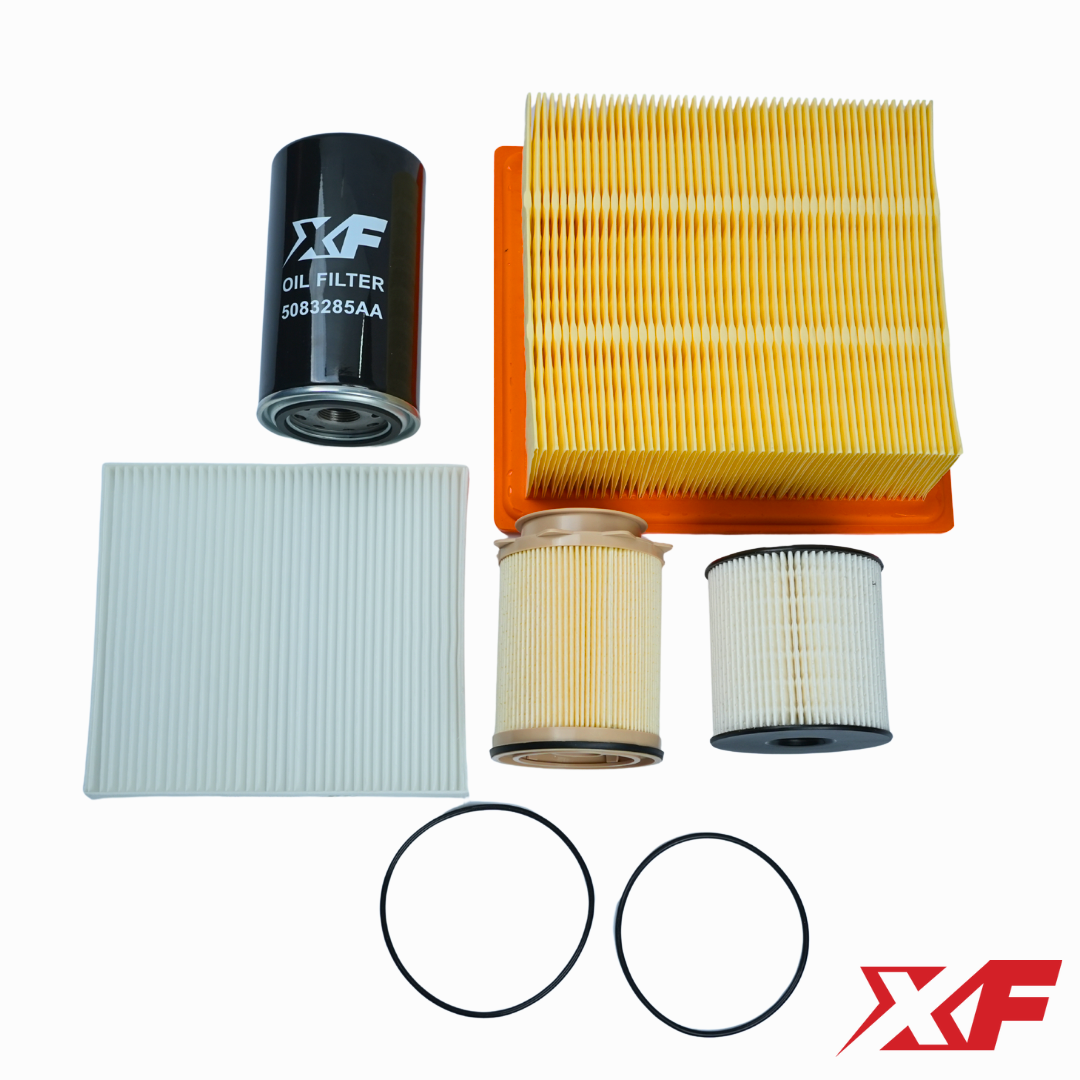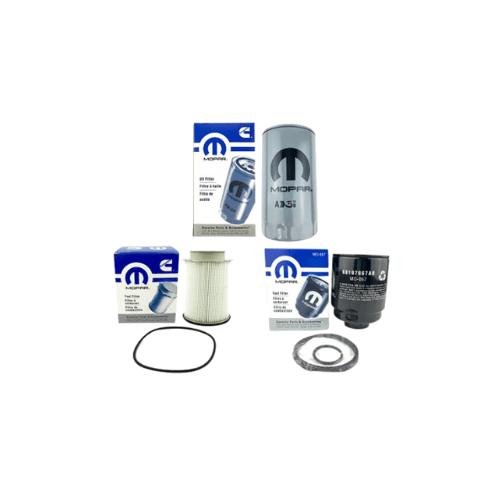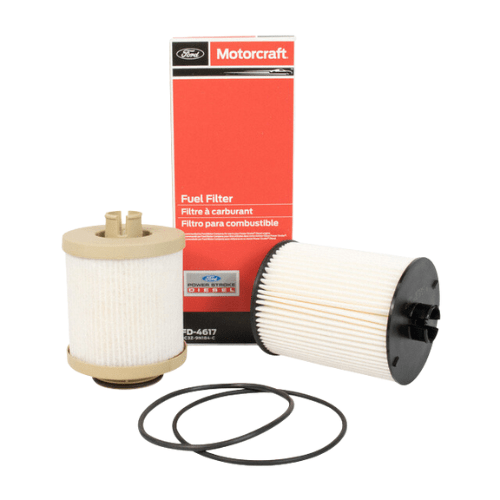Are Mopar Oil Filters Really Worth the Investment?
As a car enthusiast, I've always been curious about the performance and reliability of Mopar oil filters. Mopar, the official parts and service brand of Fiat Chrysler Automobiles (FCA), is known for its high-quality automotive components, but are their oil filters truly worth the extra cost compared to aftermarket options?
In the world of vehicle maintenance, the oil filter plays a crucial role in ensuring the longevity and smooth operation of your engine. It's responsible for trapping contaminants and impurities that can cause wear and tear on critical engine components. Choosing the right oil filter can make a significant difference in the overall health and performance of your vehicle.
Mopar oil filters are designed to meet the specific requirements of FCA vehicles, ensuring a perfect fit and optimal filtration. They are manufactured to OEM (Original Equipment Manufacturer) standards, which means they are built to the same quality and specifications as the parts used in the original assembly of your car. This level of precision and attention to detail can provide several benefits.
Firstly, Mopar oil filters are known for their reliable filtration performance. They are engineered to effectively remove harmful particles and debris from the oil, keeping your engine running smoothly and reducing the risk of premature wear. This can translate to extended engine life and improved fuel efficiency.
Moreover, Mopar's reputation for quality and durability is well-established in the automotive industry. By using a Mopar oil filter, you can have peace of mind knowing that you're investing in a product that has been thoroughly tested and proven to meet the rigorous standards set by the manufacturer.
However, it's important to consider the potential drawbacks of Mopar oil filters as well. One of the main concerns is the cost. Mopar oil filters are generally more expensive than their aftermarket counterparts, which can be a significant factor for budget-conscious vehicle owners. It's essential to weigh the benefits against the additional cost to determine if the investment is worthwhile for your specific needs.
Another factor to consider is the availability of Mopar oil filters. While they are widely available through FCA dealerships and authorized service centers, they may not be as readily accessible as some aftermarket options, especially in remote or rural areas. This could potentially lead to longer wait times or the need to order the filter in advance.
When choosing an oil filter, it's crucial to consider your vehicle's specific requirements, driving conditions, and maintenance schedule. Factors such as the age and mileage of your car, the type of oil you use, and the frequency of oil changes can all play a role in determining the best oil filter for your needs.
In conclusion, Mopar oil filters offer the benefits of OEM quality, reliable filtration, and brand reputation. However, the higher cost and potential availability concerns may make them less appealing for some vehicle owners. Ultimately, it's a personal decision that requires weighing the pros and cons to determine if the investment in a Mopar oil filter is the right choice for your vehicle.






